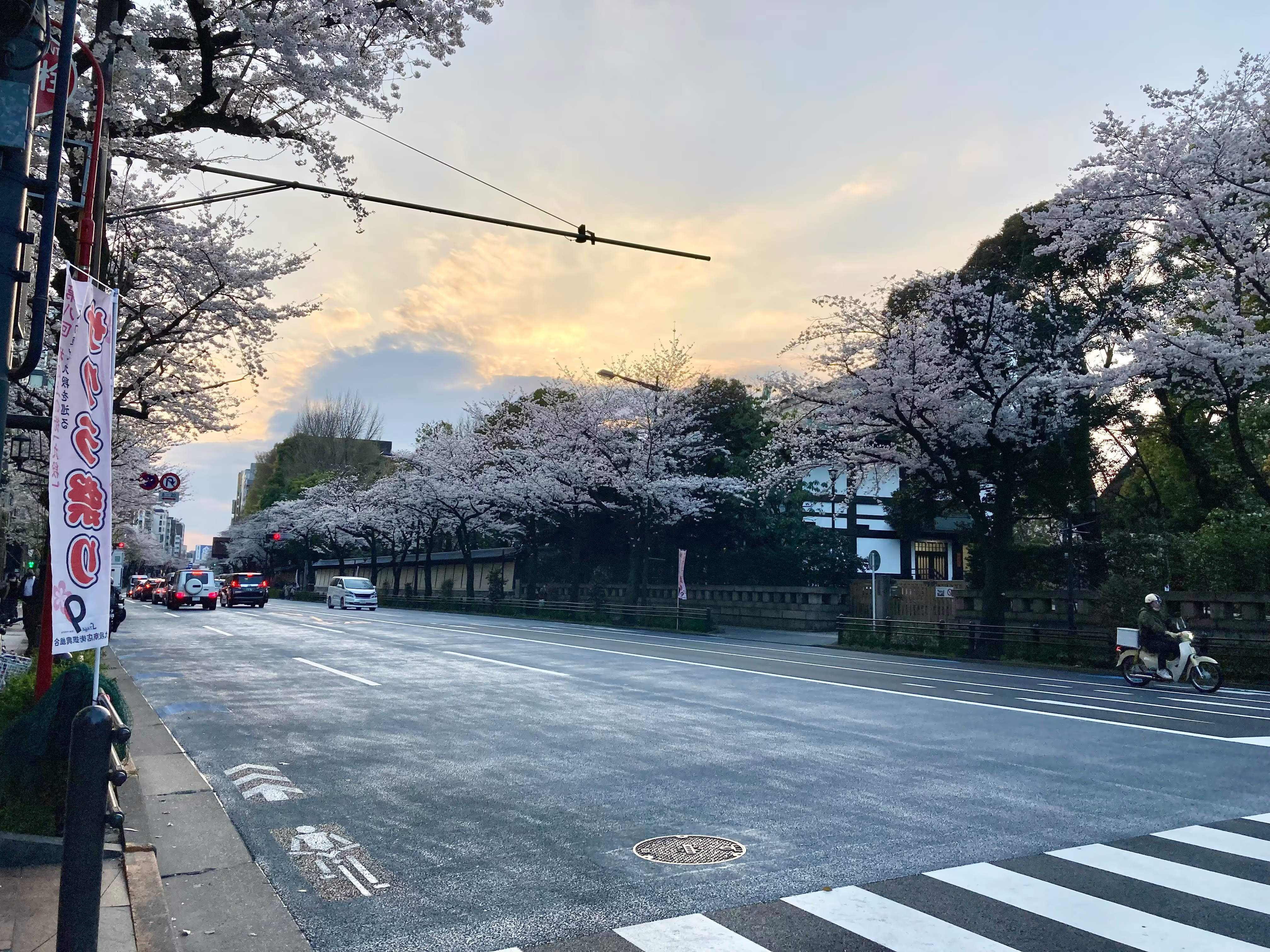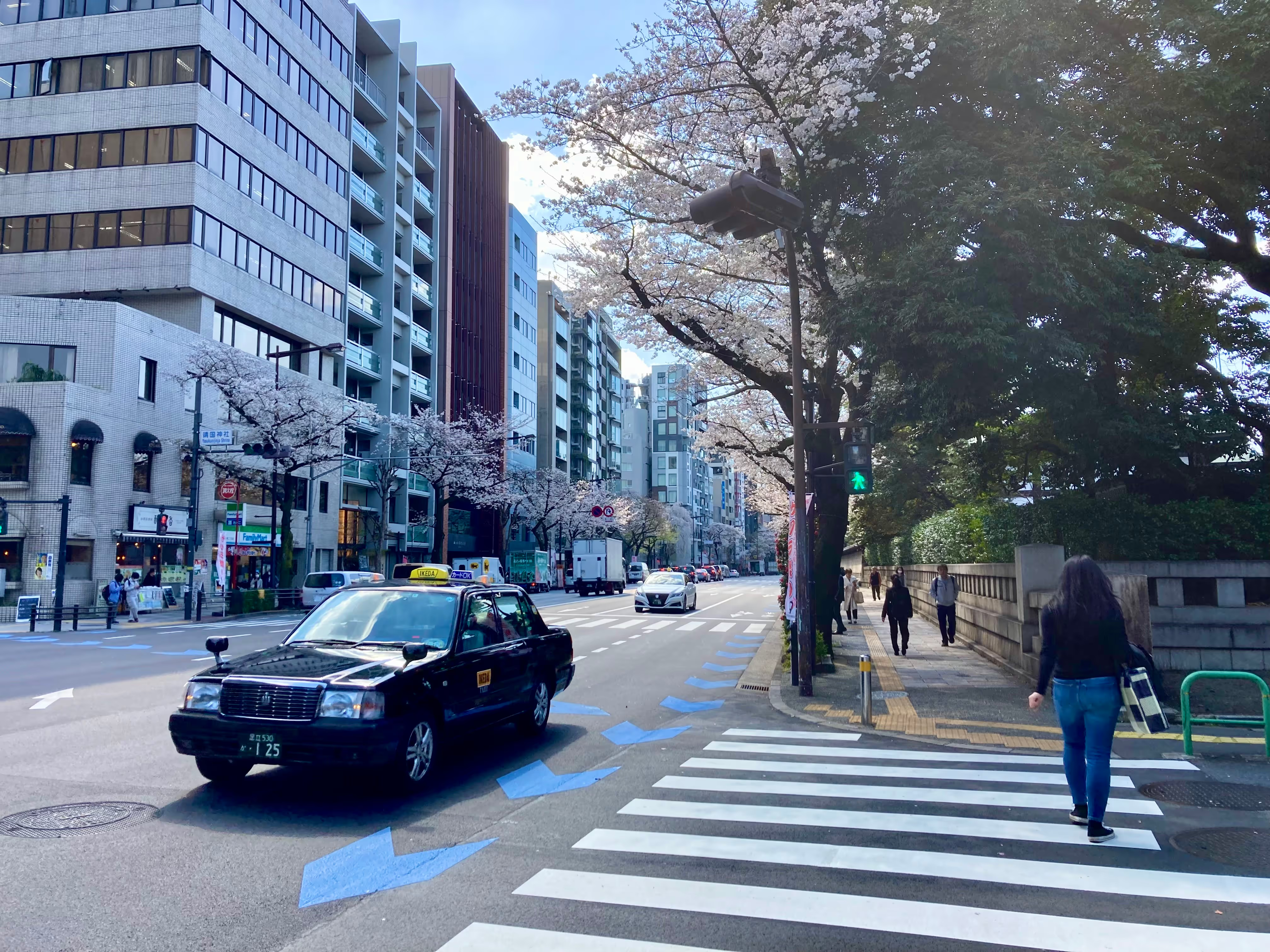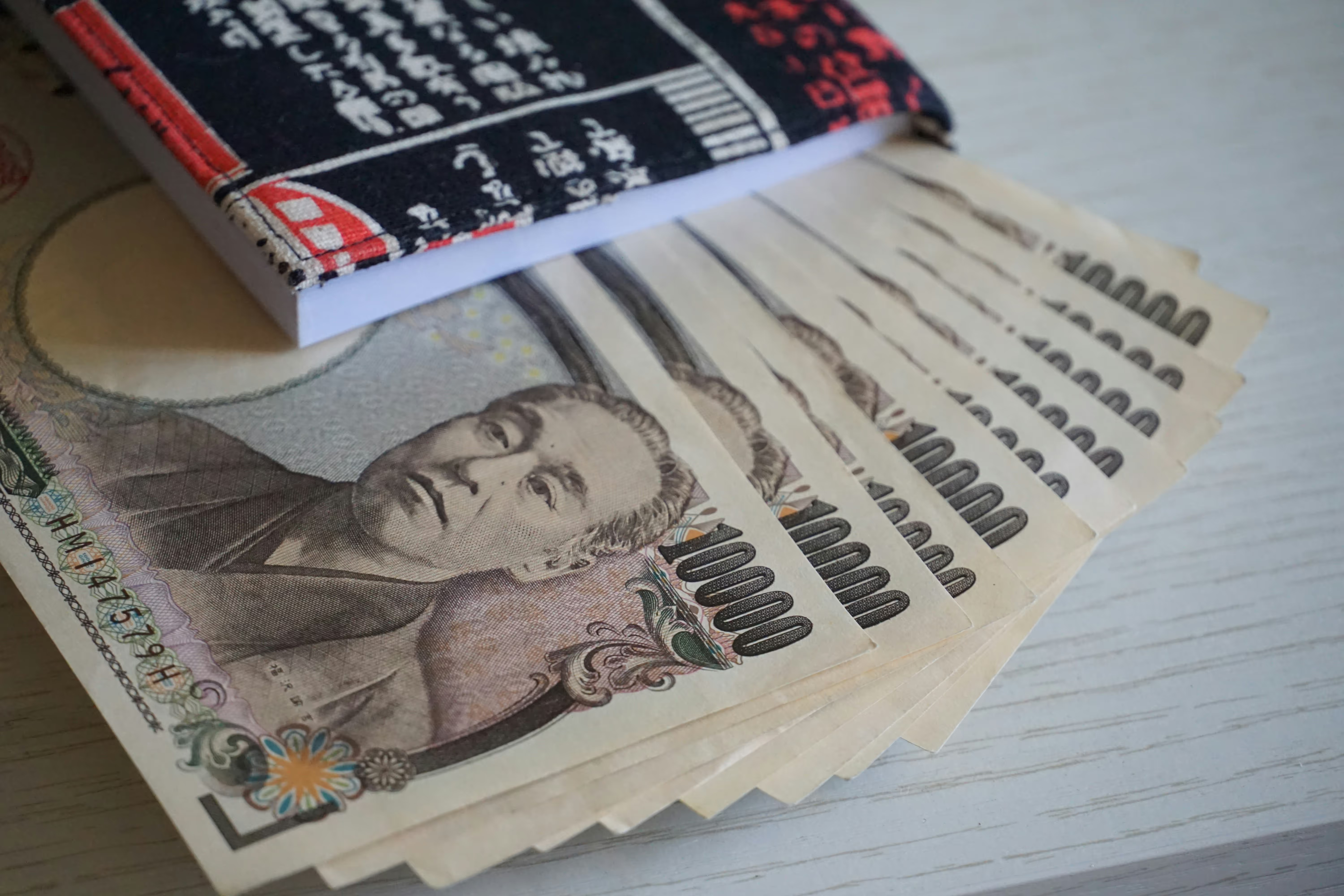In our current global economy, foreign language learning is becoming an increasingly desired skill, and being able to speak multiple languages is a great way to spruce up your resume and impress your family, colleagues, and friends. However, learning languages comes more easily to some than others, and disillusionment or unrealistic expectations can cause more harm than good if goals are not met. If this applies to you as it does to me, I have some tips that can help you set realistic and achievable goals for language learning and any other hobbies or skills to which this may apply.
Tip 1: Be as specific as possible. Clearly define and write your language goals. For example, instead of a vague goal like "learn Japanese," aim for "master basic Japanese greetings" or "hold a 5-minute conversation in Japanese." If your current knowledge and conversation skills are more advanced, you can definitely aim higher but do so within reasonable limits. Burnout can happen at any stage of the language learning process, so even a simple goal such as "maintain my current level of Japanese" is perfectly fine.
Tip 2: Break down your language learning into smaller, manageable tasks. Try focusing on mastering one task at a time, like learning hiragana or practicing common phrases, to build a strong foundation. Check off these tasks as you complete them to track your progress. Having a visual representation of your goal and the tasks involved is a good motivator, so display it in your room or on your electronic device where you can see it. On my Android phone, I use a free app called Tasks that lets me set a customized alarm and use a widget on my home screen to remind me of tasks such as meetings and appointments. Try it!
Tip 3: Be consistent as possible by setting a study schedule. Doing regular, shorter study sessions are often more effective than random, long sessions. This way, learning becomes a habit. Habits are the hardest to make and the easiest to break, so don't beat yourself up if you miss a session or two. Life is unpredictable so be as fluid as possible if things happen outside of your control, like a meteor hitting the earth or a surprise karaoke party with your friends.
Tip 4: Utilize the language learning resources available such as combining textbooks, language apps, online courses, and perhaps even language exchange partners to keep your learning engaging and diverse. If you are into music, get a Spotify or YouTube Music account and explore the pre-made playlists available. Go to events such as art exhibitions, live performances, and festivals where you can encounter content or materials in your language of interest, even if you won't be able to completely understand. Immersion is always the best way to learn, so any chance to do so should be taken.
Tip 5: Celebrate your progress by acknowledging the small victories you make along the way. Whether it's correctly using a new phrase (思い出した!) or understanding a complex concept (分かった!), recognizing progress keeps you motivated. It does not matter if it's simply recognizing a kanji character that you recently learned or having a phone conversation without any issues, celebrate your win!
I hope these tips will help you as much as they will help me. If they work, let me know! If they didn't, no worries. There is no one way to accomplish something, just find what works for you. がんばって!












